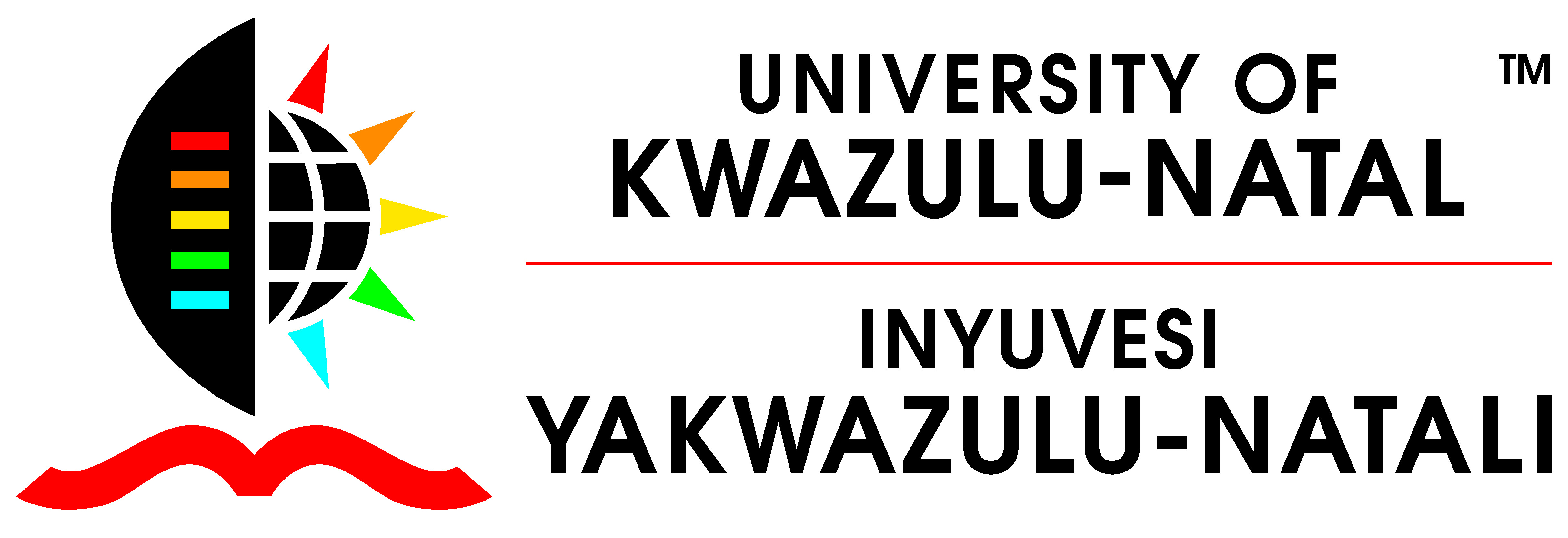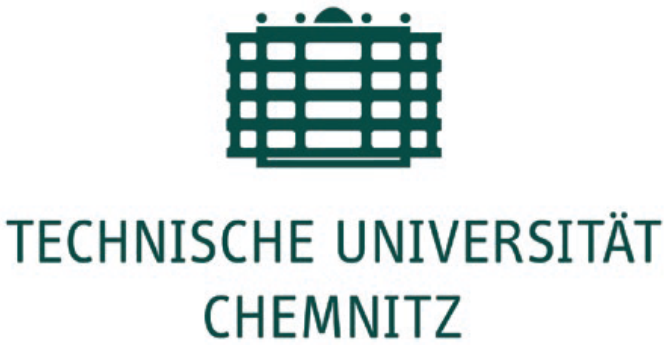We continue to live with poly-crises on a global level: geopolitical conflicts, wars, global warming, terrorism, energy crises, humanitarian crises, health crises, social unrest, and the continued emergence of nationalism. With it, the challenges to more sustainable societies are increasing. The growing complexity of the challenges emerging from the cross-effects of these concurrent pressures demands new paths of creativity, innovation and sustainability-driven mindsets and approaches that transcend disciplinary perspectives. However, while past research demonstrated that creativity and innovation are increasingly required to address sustainability-related challenges and disruptions faced by organisations, local communities, and whole societies (Awan, Sroufe & Kraslawski, 2019; Schulz and Mnisri, 2020; Schulz, Mnisri, Shrivastava and Sroufe, 2021; Huesig & Schulz, 2022), a transdisciplinary approach to these issues seems to have been less privileged.
Against this backdrop, in ARTEM OCC editions since 2015, we discussed how creativity and innovation can foster sustainable practices, including the creativity-related mechanisms and tools that can be used to address sustainability pressures; how sustainability-related pressures can trigger creativity and innovative thinking, and the creative responses that can be given to sustainability-driven events. It is not new that disciplinary answers are insufficient to address the aforementioned disruptive wicked problems and grand challenges (e.g. Rittel and Webber, 1973), however transdisciplinarity shall not remain on an academic and conceptual level. New frames must be co-designed to gain multi-perspectives and transdisciplinary views on grand challenges. Hence, academics and non-academic stakeholders have to co-develop new types of knowledge and methods capable of not only addressing what is from an analytical perspective, but also developing conceptual solutions that can eventually be concretized, implemented and diffused across the social systems (Guimaraes-Costa, 2022).
In the 10th anniversary of the ARTEM OCC conferences, we will create an open discursive space where scholars from such diverse backgrounds as the humanities, social sciences, natural sciences, and applied science will be able to meet practitioners, representatives from different local communities, and other stakeholders to engage in problem-focused and solutions-oriented discussions, debates, performances, and experiments. We intend to put together different epistemologies, ontologies, and methodologies, paying testimony to the diversity of perspectives, types of knowledge, and understandings co-occurring elsewhere in the world. We want this anniversary edition to be the starting point of a transformational transdisciplinary process of co-design, co-development, co-implementation and diffusion of solutions.
For this call, we invite thinkers and practitioners, including academics, artists, policy-makers, corporate representatives, and other stakeholders of the sustainability-related challenges we are facing to submit theoretical and practical contributions – including scientific papers, case studies, artistic performances, role plays and experiments – that delve into the multifaceted intersection between creativity and innovation to deal with disruptive sustainability challenges.
Topics of interest include, but are not limited to:
- Prescriptive Theorizing for addressing Grand Challenges
- Aesthetics, ethics and design science for sustainability
- Art, creativity & innovation for sustainability
- Advocacy and policy-making for sustainable transformation
- Role of education in promoting sustainability
- Humanistic management
- Implementation and diffusion of a sustainable future
- Cultural integrated landscape management for sustainability
- North-South dialogues on creativity and innovation for sustainability
- Impact, social and sustainable entrepreneurship
- Understanding and fostering imagination for Sustainability-Oriented Innovation
- Integration of AI technologies in the creative process
- Digital transformation and sustainability
References
Awan, U., Sroufe, R., & Kraslawski, A. (2019). Creativity enables sustainable development: Supplier engagement as a boundary condition for the positive effect on green innovation. Journal of Cleaner Production, 226, 172-185.
Guimaraes-Costa, N. (2022) Transdisciplinary Collaborations for Achieving the SDGs. In W. Leal-Filho; A. M. Azul; L. Brandli; A. L. Salvia; T. Wall. Encyclopedia of the UN Sustainable Development Goals, Springer International Publishing, pp.1-16, 2020, Partnerships for the Goals
Huesig S., Schulz, K. P. (2022) (eds.). Connecting Creativity, Innovation and Sustainable Development in the Age of Disruptions. (2022). Special Issue Int. J. Technology Management, 88(2/3), 4.
Rittel, H. W., & Webber, M. M. (1973). Dilemmas in a general theory of planning. Policy Sciences, 4(2), 155-169.
Schulz, K. P., & Mnisri, K. (2020). Pathways to Connect Creativity and Sustainable Development. PUN-Éditions universitaires de Lorraine.
Schulz, K. P., Mnisri, K., Shrivastava, P., & Sroufe, R. (2021). Facilitating, envisioning and implementing sustainable development with creative approaches. Journal of Cleaner Production, 278, 123762. |
|










